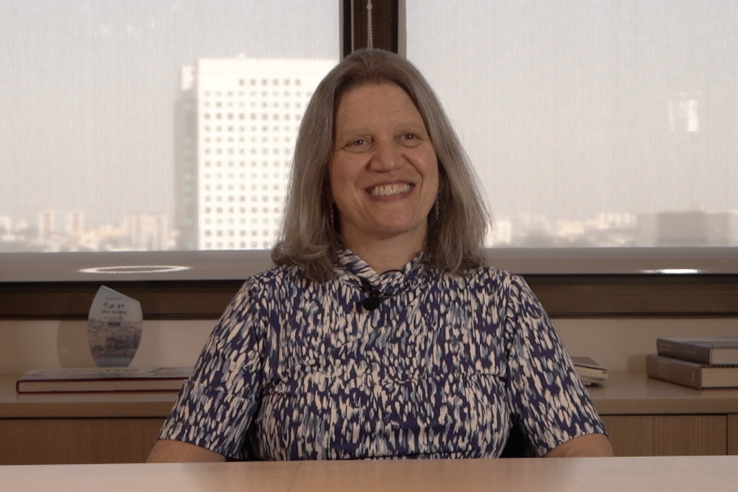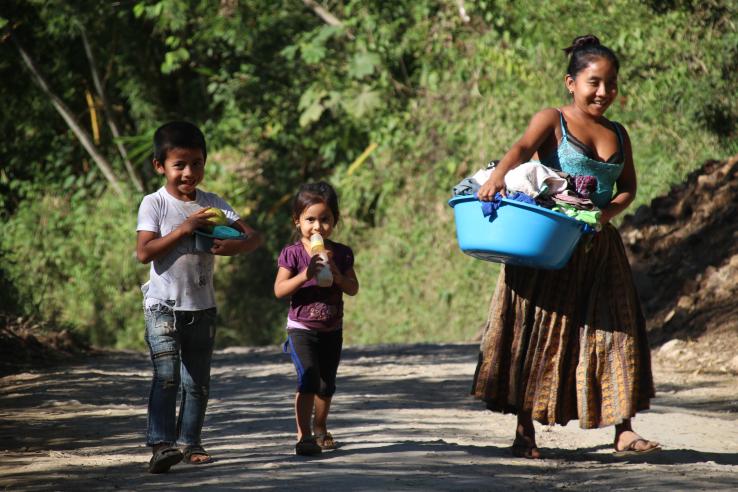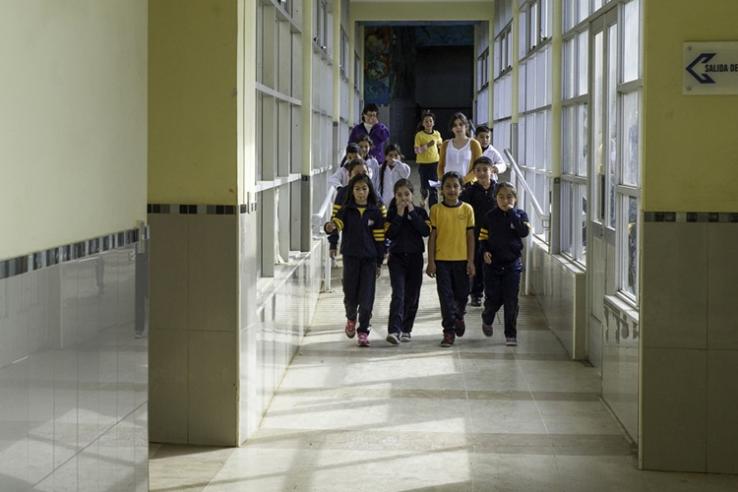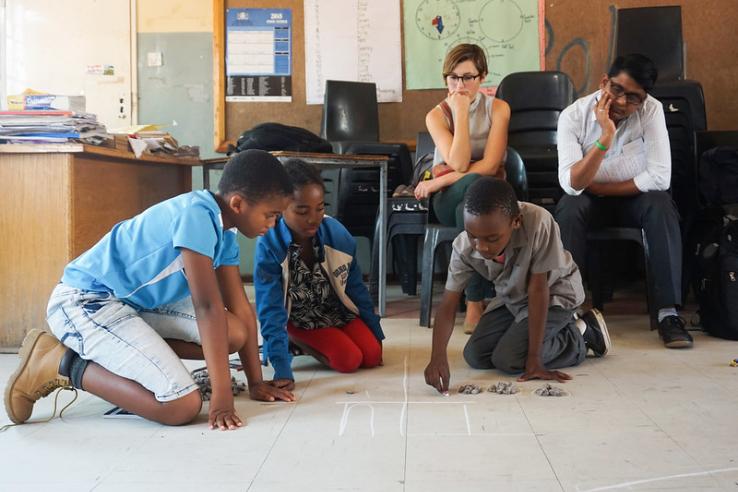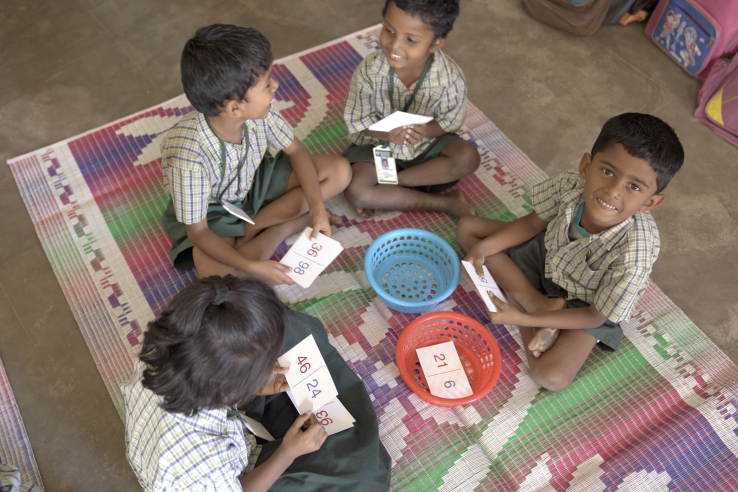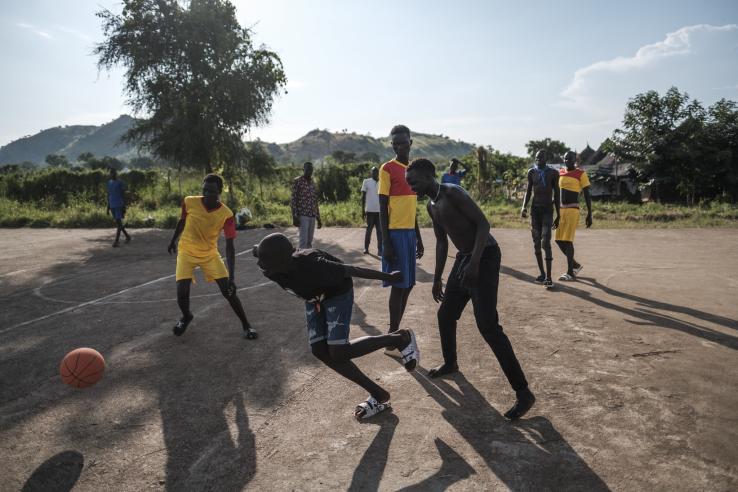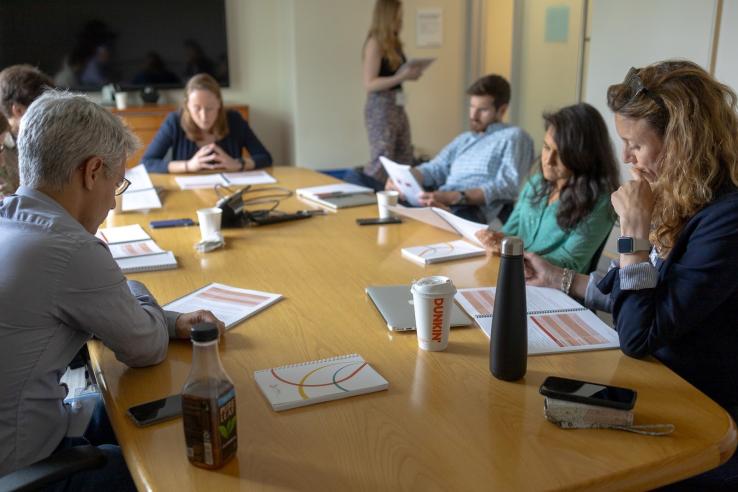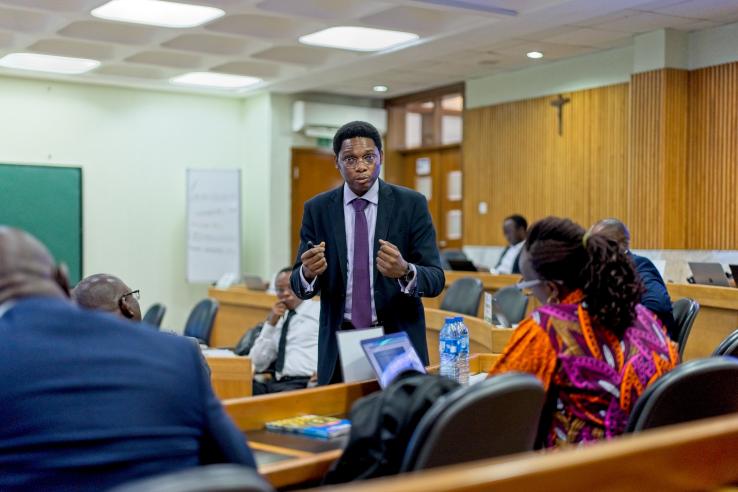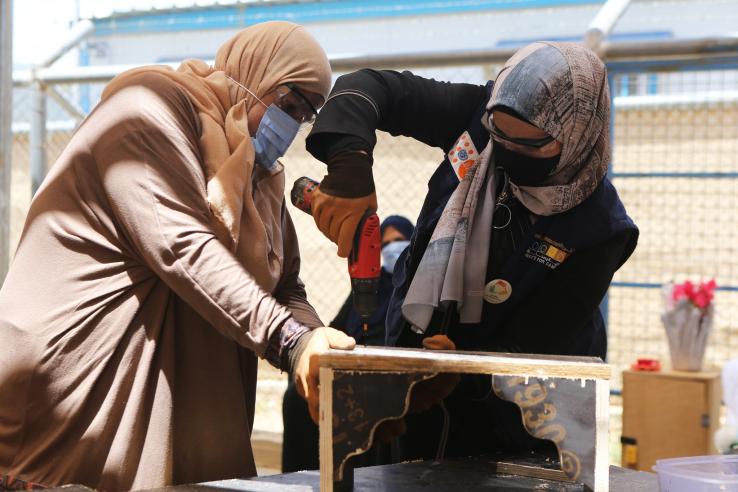Displaying 7081 - 7095 of 8077
Blog
This is the fifth post of J-PAL’s 20 for 20: Partner Voices blog series, where we showcase stories of results and impact with our partners to celebrate our twentieth anniversary. Read on to learn more about Vivianne Naigeborin, Executive Director of the Arymax Foundation, and her experience...
Blog
With the generous support of the Cotopaxi Foundation , J-PAL Latin America and the Caribbean (J-PAL LAC) just launched a project that aims to improve livelihoods in Central America. The project, “Strengthening Livelihoods in Central America Through Evidence Use,” will share evidence, strengthen...
Event
El evento tiene como objetivo reflexionar sobre las tutorías escolares como una estrategia para abordar los desafíos educacionales actuales. Asimismo, busca llegar a la comunidad educativa de la Pontificia Universidad Católica de Chile (UC Chile) y otras instituciones de educación superior, a...
Blog
Characteristics like creativity or motivation can be crucial components of a successful education, yet there is relatively little knowledge or consensus on how to effectively measure them. The Learning for All Initiative (LAI) recently published a literature review and guide on how researchers...
Person
Event
Event closed The Abdul Latif Jameel Poverty Action Lab (J-PAL) is pleased to announce two in-person events to feature multidisciplinary education research and foster cross-disciplinary connections: a closed two-day convening at the Paris School of Economics (June 18–19) followed by a public one-day...
Initiative
HPI is a collaboration between J-PAL and Innovations for Poverty Action (IPA) with support from the Foreign, Commonwealth and Development Office (FCDO) from the UK Government. The initiative will generate and share new evidence to inform policy and practice to effectively improve protection of...
Initiative Resource
Initiative projects and documents
Initiative Resource
Initiative projects and documents
Event
This five-day, in-person training provides an in-depth look at why and when randomized evaluations can be used to rigorously measure the impact of social programs.
Person
Blog
In this spotlight, we speak with Arinze Nwokolo, Assistant Professor at the Lagos Business School in Nigeria. Arinze’s primary research interests focus on development, behavioral, and organizational economics as well as public policy, political economy, and finance.
Evaluation
Researchers conducted a randomized evaluation to test the impact of the anti-poverty cash transfer program, PROSPERA, on food consumption for families living in poverty in Mexico. Households consumed enough food both before and after receiving the cash transfer.
Blog
Today, the Abdul Latif Jameel Poverty Action Lab (J-PAL) and Innovations for Poverty Action (IPA) launch the Humanitarian Protection Initiative (HPI). The core of this initiative is a research fund dedicated to generating rigorous evidence to inform policies and programs that protect conflict...
